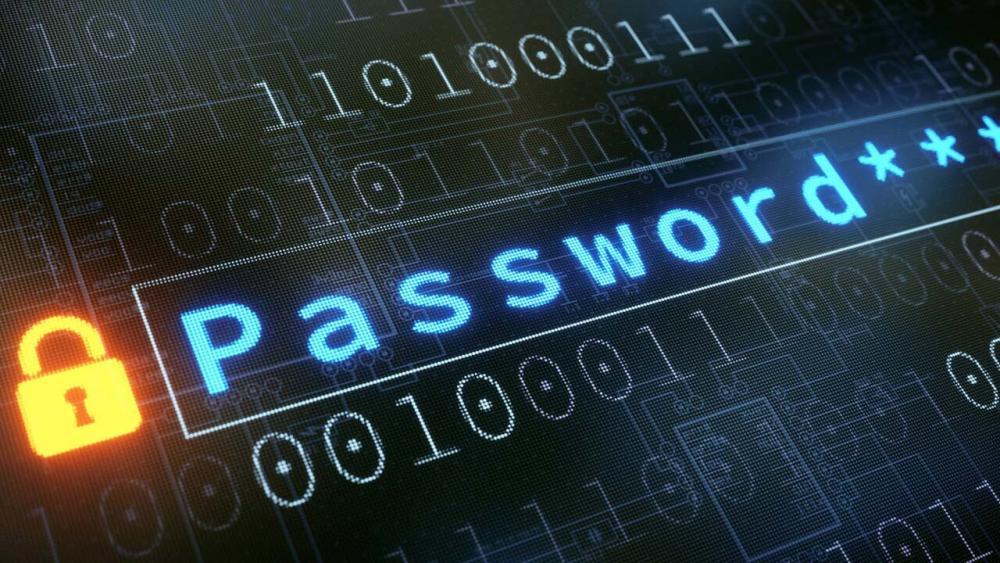Passwords are pretty simple when you come right down to it: You want to keep your information safe, so the only way it can be accessed is by way of a code entered at the right time at the right place. Unfortunately, the age of the Internet has made passwords very much a hot-button topic. And understanding how and why they operate, and how and why people try to acquire yours, can be a great help in staying safe on the Internet.
Recommended: Configuring Password Policies with Windows Server 2016!
Who wants your passwords?
The obvious answer is criminals, but it’s a bit more complicated than that. Only certain kinds of criminals even know what to do with a stolen password. A common thief who fences stolen goods wouldn’t have the faintest idea what to do if they suddenly found your Gmail password scribbled down on a piece of paper on the living-room table. Hopefully, you’re smarter than to leave it out in the first place. There are however three commonplace ways that passwords get exposed including:
- Someone wants to hack your life. Unfortunately, sometimes the people digging through your email or your bank accounts are people that you know that want an extra peek into your lifestyle. It might be a jealous spouse or ex-boyfriend/girlfriend, a nosey relative, or someone looking to steal from you if they figure you’ve got more than your share.
- Data breaches. Sometimes passwords, user names, and other sensitive materials are exposed because of a data breach. This happens when a corporation or company that is housing your data has its security cracked on purpose or by accident. Data records can be made public, which is doubly bad if they are not encrypted files and viewed online by anyone with the knowledge of where to look. These breaches often result in personal information being exposed and/or sold on the Dark Web.
- A brute-force attack hits your computer: Brute force attacks are one way that hackers go after cracking passwords. They are run by high-speed, high-power programs that systematically check phrase after phrase of potential passwords until the right one is found. Once the crack locks on your machine, it will download everything it finds before disconnecting.
Password Managers Take Away the Fear
When you employ Dashlane or a similar password manager, you get the power of security and a powerful random password generator to secure all your accounts. The password manager will create a tough-to-crack password for each of your accounts and assist you with a master password that unlocks the vault to all the others. The master password is the only one you will have to remember to access all of your accounts moving forward.
Learn: Recover/Reset Lost Windows 10, 8 and 7 Password!
How to Make a Good Password
Good passwords have to be unique and stay away from traditional word patterns, such as combining the college you went with the year you graduated “Michigan1994”. Use lots of keyboard symbols along with numbers and scatter your capital and lowercase letters. Thus “Michigan1994” becomes !!!Mich9$ig@n” and you don’t have to worry much about anyone cracking into your bank account anytime soon.
This is a guest contributor post.


Leave a Reply